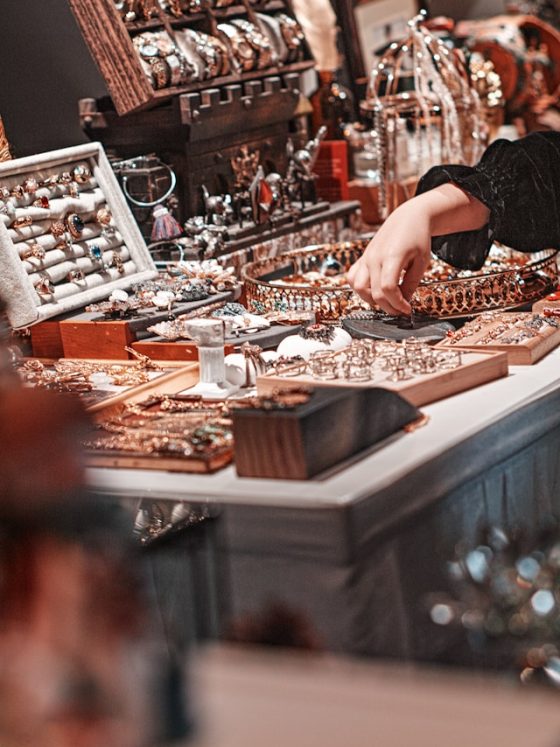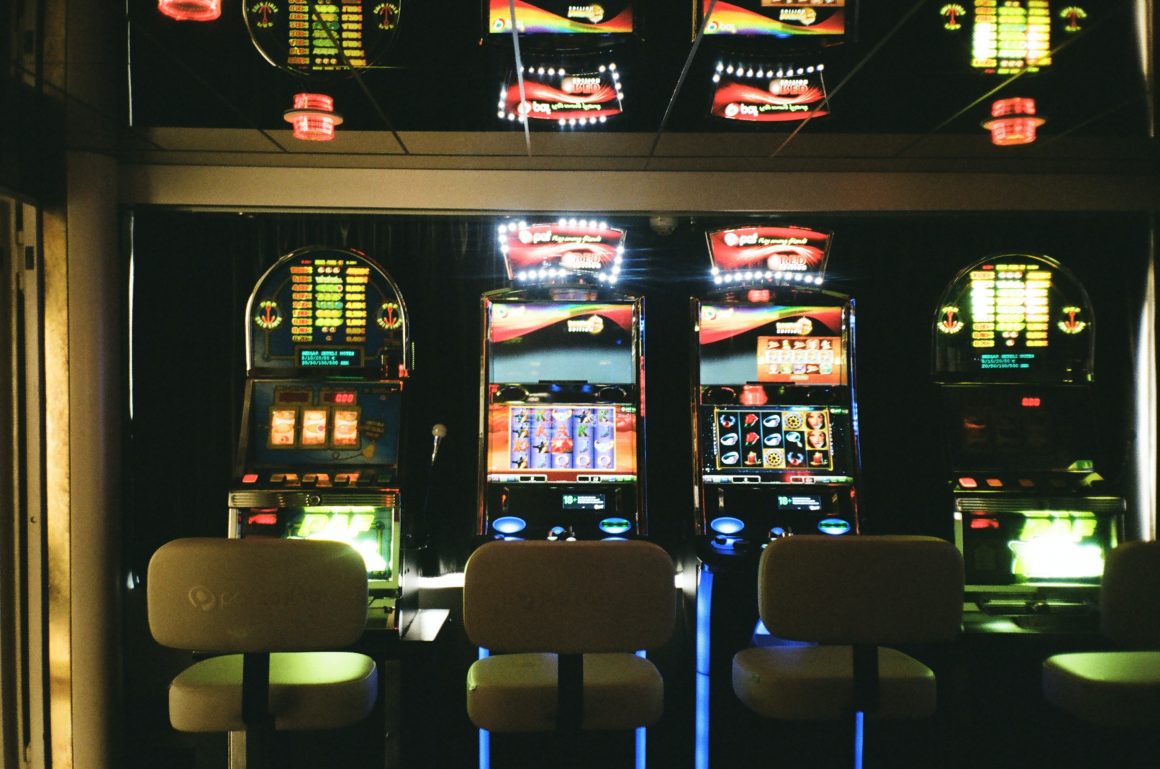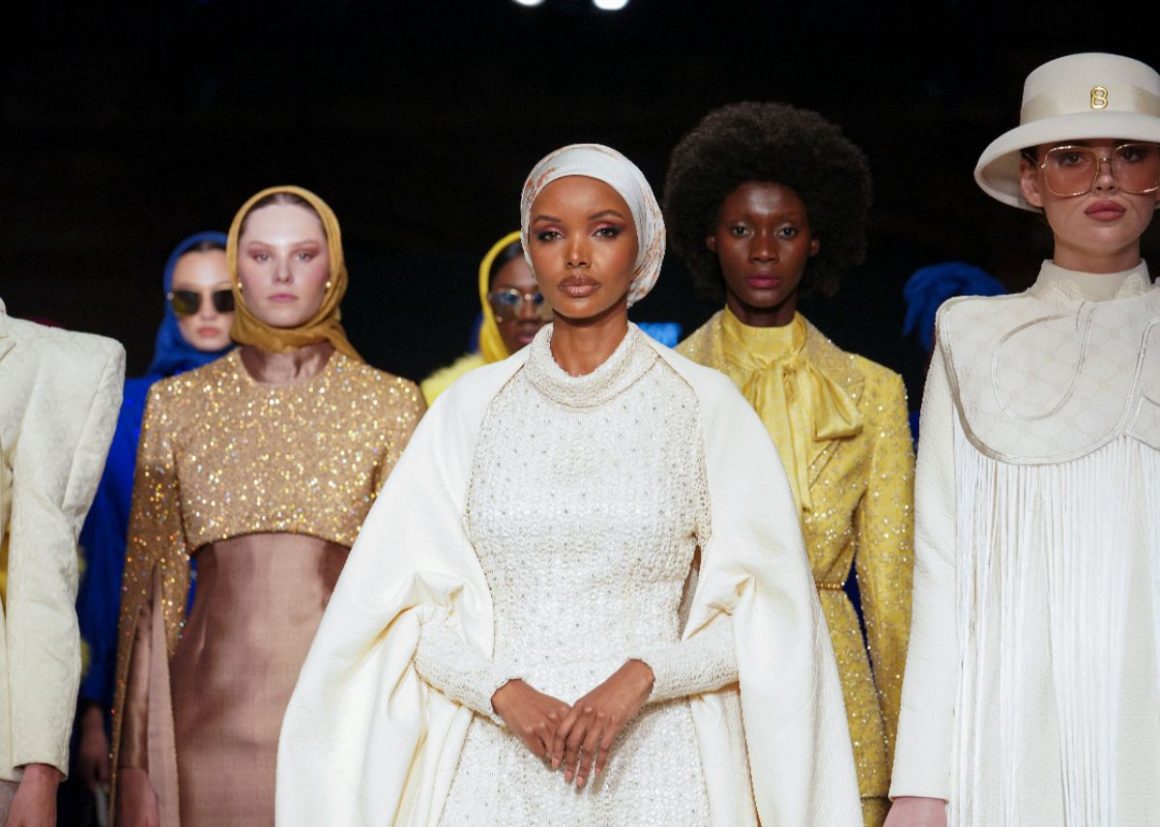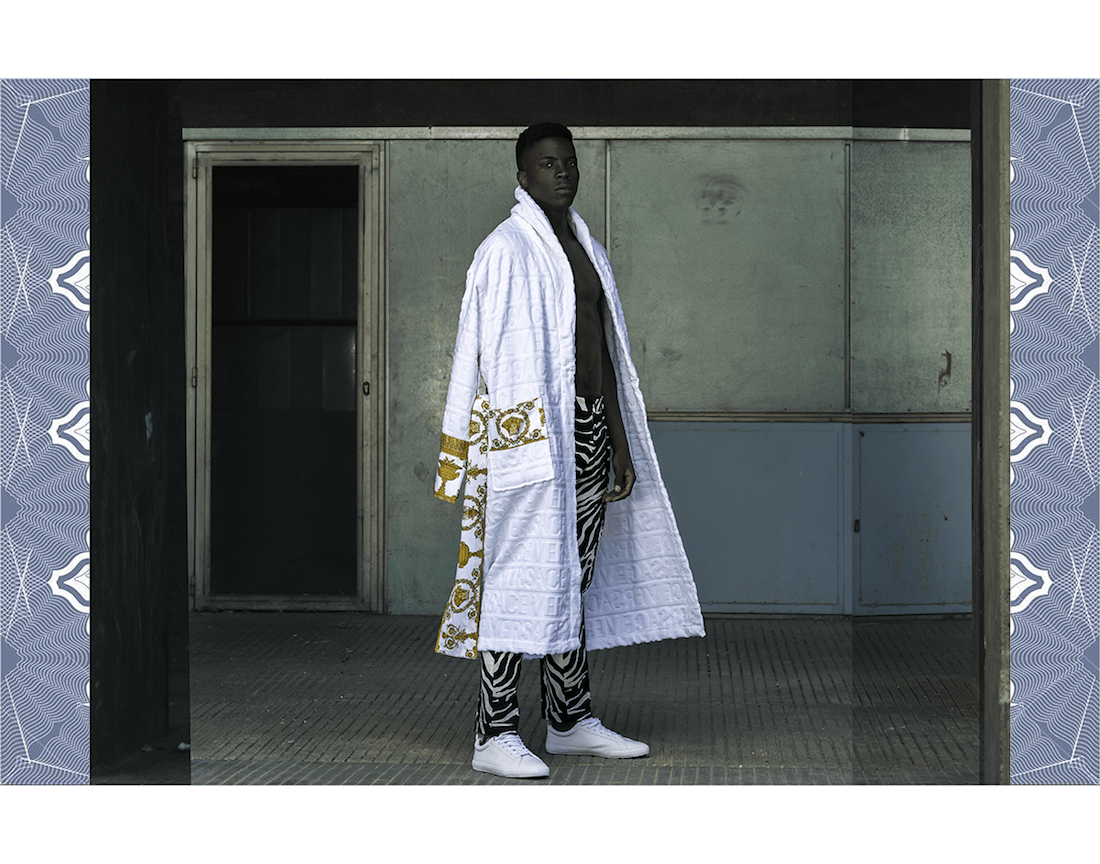Sex education is a fundamental pillar of well-being and personal development, but it is still all too often neglected, poorly taught and even taboo.
Worldwide, access to comprehensive sexuality education varies considerably according to culture, education systems and beliefs. In some countries, it is reduced to biological notions, while in others it includes psychological, emotional and relational dimensions. But one aspect is often overlooked: the importance of pleasure and personal fulfilment.
A persistent taboo: sexual pleasure and unequal access
While sexual health is increasingly discussed in the public arena, the subject of sexual pleasure is still largely taboo. Yet sex education should not be limited to questions of STI prevention and contraception, but should also enable people to better understand their own bodies and have balanced, consensual relationships.
With this in mind, a number of initiatives are designed to break down taboos and promote a more holistic view of sexuality. Beducated, an international platform specialising in sex education, recently launched the ‘She Comes First’ campaign to mark International Women’s Rights Day. The aim of the campaign is to raise awareness of an issue that is still little addressed: unequal access to sexual pleasure.
By highlighting the importance of education and communication around female pleasure, this initiative helps to deconstruct preconceived ideas and promote a more egalitarian approach to sexuality.
Why comprehensive sex education is essential
Quality sex education provides fundamental knowledge that has a positive influence on people’s lives:
- Promoting self-esteem and body confidence: A better understanding of oneself reduces complexes and insecurities.
- Encouraging relationships based on respect and consent: Open and caring communication is essential for harmonious relationships.
- Reduce sexual health risks: Comprehensive education helps to reduce unwanted pregnancies and sexually transmitted infections.
- Reduce inequalities and taboos around pleasure: Access to appropriate information helps to combat persistent imbalances in sexual fulfilment.
Towards a collective awareness
Sex education is not just a matter for individuals, but for society as a whole. To ensure equitable access to reliable and inclusive information, it is essential that educational institutions, parents and health professionals work together. A collective approach helps to break down stereotypes, deconstruct preconceived ideas and establish an open dialogue about sexuality.
By rethinking sex education in a comprehensive way, we are working towards a more inclusive, respectful and informed society, where everyone can develop their intimate lives and relationships with confidence.



























Follow us on Instagram